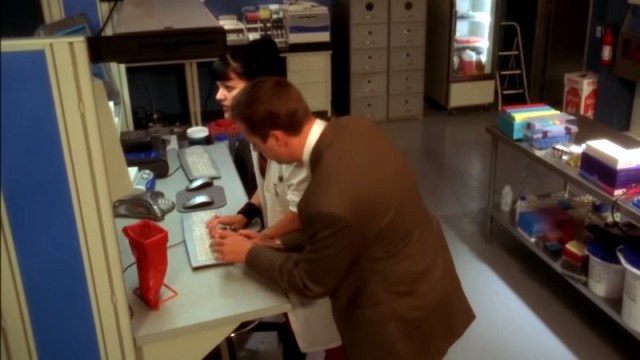
Few arenas expose the raw, unvarnished truth about human collaboration—and its frequent, spectacular failure—quite like the shared keyboard. It is a deceptively simple interface, designed for a singular pair of hands, a unified intent. Introduce a second agent, a second will, and this humble plastic rectangle transforms into a digital battleground, a crucible where harmony shatters, and chaos, in its purest, most pixelated form, gleefully ensues.
Imagine, if you will, the initial, perhaps naive, optimism. Two young siblings, let’s call them Leo and Mia, are huddled before the glowing monitor. Their mission: to navigate the treacherous caverns of "Mystic Isles: Quest for the Golden Grimoire." Leo, the elder, confidently declares, "I'll handle the WASD, Mia, you control the mouse for attacking and inventory." Mia, eager to prove her worth, nods solemnly. The pact is made, an unspoken agreement to compartmentalize control, to create a seamless, four-handed digital dexterity. The illusion of harmony, however, shatters faster than cheap pottery.
The first tremor of discord originates in the physical realm. Two bodies, not quite accustomed to cooperative contortion, vie for prime positioning. Elbows become errant missiles, jabbing ribs and nudging shoulders. Leo leans in, craning his neck to see the screen better, his head brushing Mia's. She instinctively recoils, pulling her hand back from the mouse, just as a horde of goblin spiders swarms their intrepid hero. "Hey!" she protests, a whine creeping into her voice. Leo, meanwhile, has pressed 'W' for forward movement, but Mia’s flinch has thrown off his balance, and his finger slips, inadvertently hitting 'A' and sending their character careening left, directly into the eight-legged embrace of digital death.
This physical choreography of discomfort quickly translates into digital pandemonium. The keyboard, once a tool, becomes a contested territory. Leo, trying to recover, jams his hand back onto WASD, but Mia, simultaneously reaching for the ‘1’ key to potion, inadvertently covers ‘S’ with her wrist. Their hero, instead of attacking, backs slowly into a corner, vulnerable and confused. The rhythmic clack-clack-clack of intentional input gives way to a frustrated thump-thump-mush as fingers collide, miss their mark, and press multiple keys at once. Caps Lock, the infamous harbinger of unintentional shouting, becomes an accidental casualty, turning battle commands into SCATHING TYRANNICAL OUTBURSTS.
The on-screen chaos is a masterpiece of absurd theatre. Their noble knight, meant to be sprinting towards salvation, suddenly pirouettes left, then right, then jumps erratically, performing a bizarre interpretive dance of indecision. Text boxes, meant for crucial dialogue, fill with gibberish: "HJELLO TTHERE GGOBLLINSS." Windows minimize, applications launch, and the dreaded Alt-F4 hovers like a digital guillotine, threatening to end their adventure entirely. The game's sound effects, once a vital part of the immersive experience, are punctuated by frantic key mashing and the frustrated exclamations of the two agents. "MY TURN!" "YOU'RE RUINING IT!" "I SAID ‘FORWARD’ NOT ‘FALL OFF THE CLIFF’!"
The once shared objective devolves into individual, desperate attempts at control. Each agent, convinced the other is the sole source of incompetence, attempts to overrule or compensate for the perceived error. Leo shoves Mia’s hand away from the mouse; Mia retaliates by covering the arrow keys. The keyboard, a mute, plastic witness, endures the onslaught. It is not merely inputting commands; it is absorbing the friction of two conflicting wills, translating human frustration into digital wreckage. The game’s "Game Over" screen eventually appears, less a result of challenging gameplay and more a consequence of a catastrophic human interface failure.
In the end, the keyboard, scarred by sticky fingers and the echoes of sibling squabbles, remains. The chaos, however, has not truly dissipated; it has merely shifted from the screen to the living room. Yet, amidst the recriminations and the dramatic sighs, there’s a flicker of something else: the shared absurdity, the memory of the knight doing a spontaneous jig before falling into a bottomless pit. For when two agents share one keyboard, chaos isn't just an outcome; it's the raw, unscripted narrative of human nature colliding with technology, a chaotic ballet of ambition, frustration, and the inescapable truth that sometimes, one simple tool is simply not big enough for two grand visions.